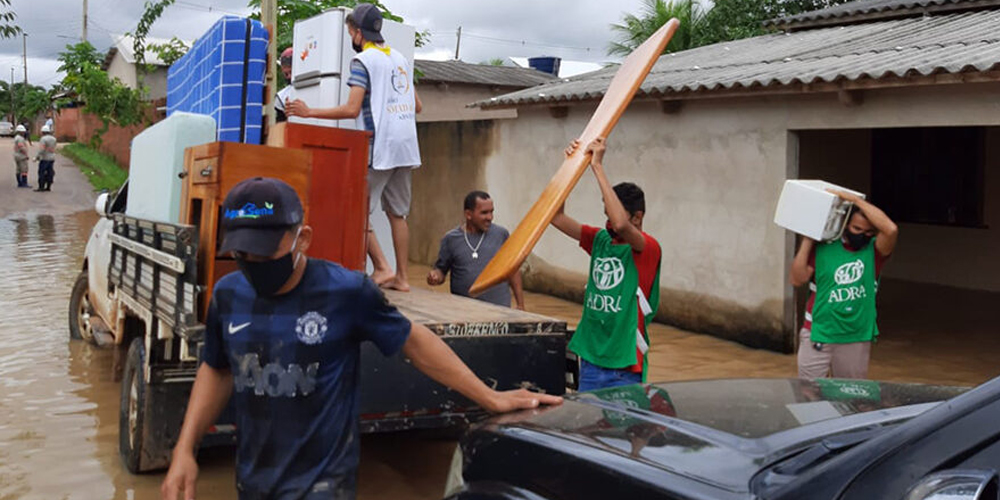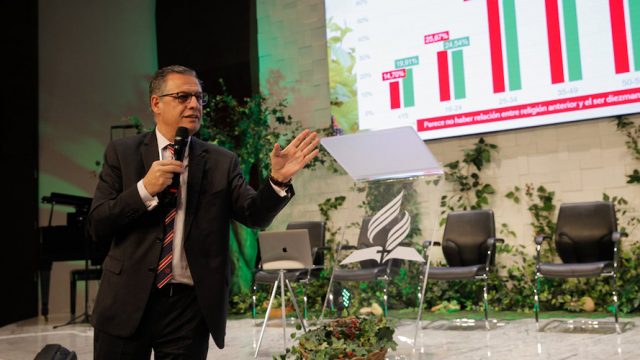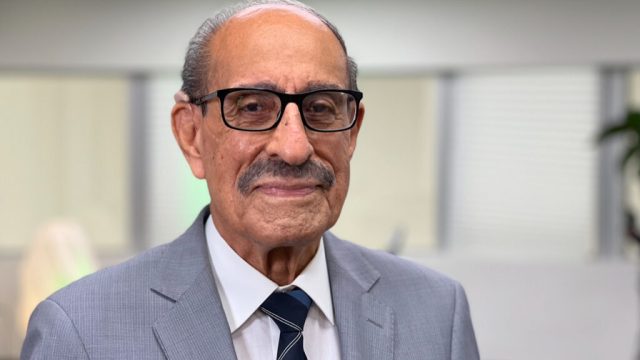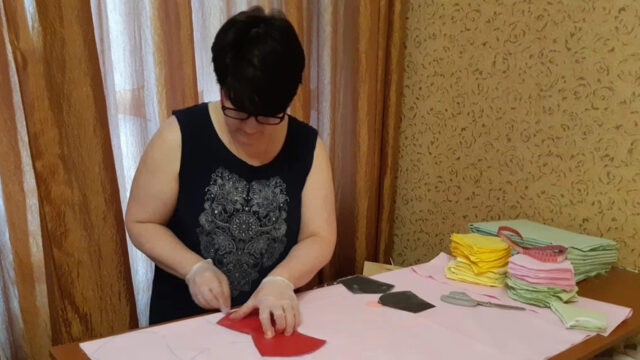Agency hopes to train 5,000 volunteers across eight South American countries.

With the goal of providing comprehensive training to people who serve as volunteers in emergency response initiatives, the Adventist Development and Relief Agency (ADRA) in the South American Division of the Seventh-day Adventist Church launched a free training course on November 17, 2021.
“When a disaster strikes and our humanitarian agency is called upon to respond, there are a number of procedures that we must follow to facilitate and make the aid we plan to offer effective,” Eric Leichner, ADRA South American emergency response manager, said. “As we expect volunteers to follow those procedures, ADRA has decided to begin training its workers and volunteers so they are ready to be deployed in events that may be cataloged as global emergencies.” Leichner himself has been involved with this type of training in the past.
In years past, this training had been led mainly by country emergency coordinators, Leichner explained. “But we were overlooking an important segment of people,” he acknowledged, referencing the close to 3,000 enlisted volunteers ADRA has across the eight South American countries in that church region. “Volunteers are our invaluable asset,” Leichner added. “They help us assemble food baskets, hygiene kits, and they assist us in the distribution to those who need it. Volunteers visit the affected areas, talk with the victims to learn about their needs, and offer psycho-social support. We found it was essential they knew the procedures the agency follows in cases like this.”
The initial training session held last November sought to get volunteers acquainted with the essential aspects that govern humanitarian aid around the world and find out what ADRA’s role is in that context. “It is a course designed for people who already serve as ADRA volunteers, and even for people who would like to be part of our team in the future,” Silvia Tapia, ADRA South America communication director, said. “We hope that in the coming months, at least 5,000 people complete the first session.”
The training course is expected to include two more sessions to be launched later in 2022, ADRA leaders said.
The original version of this story was posted on the South American Division Spanish-language news site.








